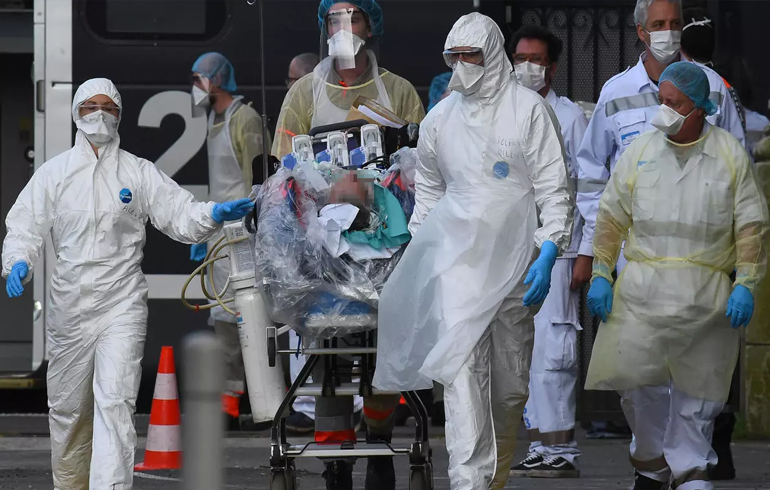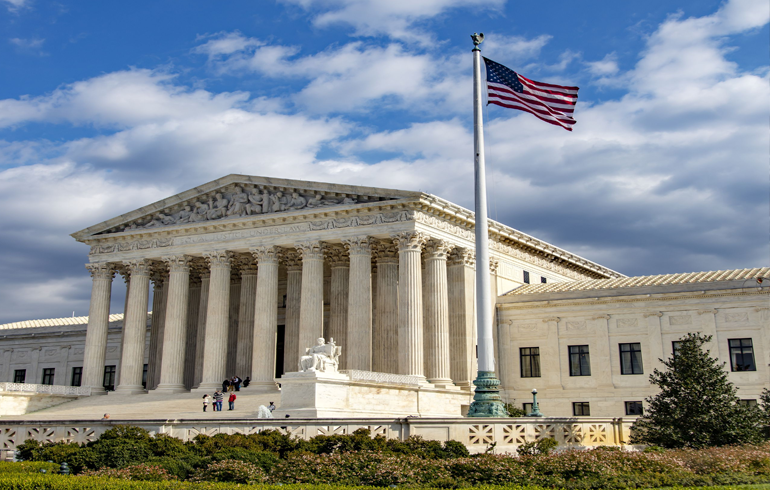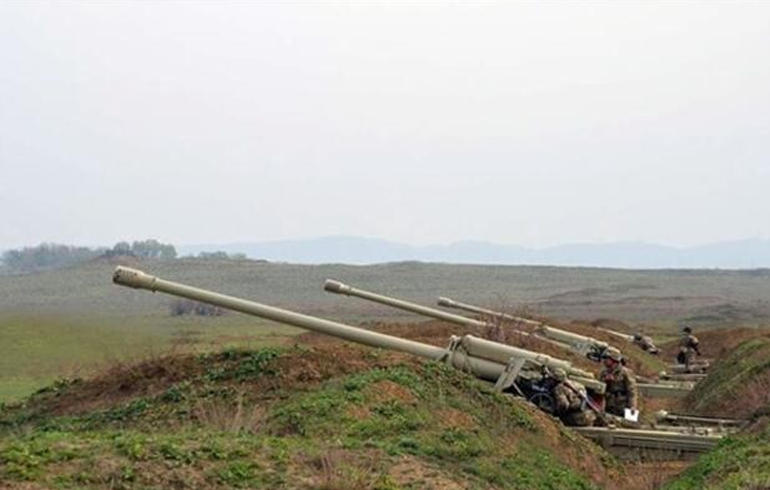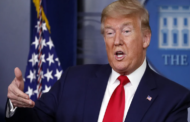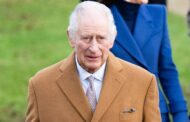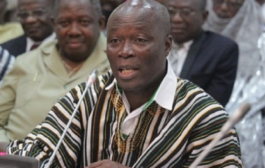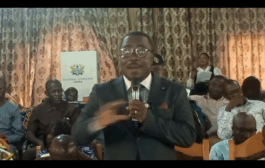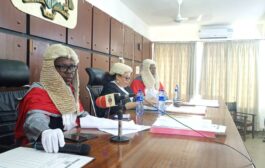France is honouring its health workers at scaled-down events to mark the national celebration Bastille Day, amid the ongoing coronavirus pandemic.
Authorities cancelled the traditional military parade but instead are holding a tribute to those tackling the virus.
Invited audience members included families of French workers who died of Covid-19.
The annual events mark the storming of Bastille prison on 14 July 1789, seen as the start of the French Revolution.
It is the first time officials have called off the annual military parade through the capital Paris since the end of World War Two in 1945.
President Emmanuel Macron will give a rare televised interview after ceremonies in the morning.
How is France celebrating?
Around 2,000 French soldiers gathered for a ceremony in the Place de la Concorde.
It began with a tribute to Gen Charles de Gaulle, who 80 years ago famously called on France to resist the Nazi German occupation in a radio address from the BBC in London.
Though there is no parade on the Champs-Elysées, the troops will honour all those mobilised to tackle the coronavirus outbreak – including health workers and the armed forces.
A traditional fly past included military aircraft as well as a transport plane used to carry Covid-19 patients at the height of the pandemic in France.
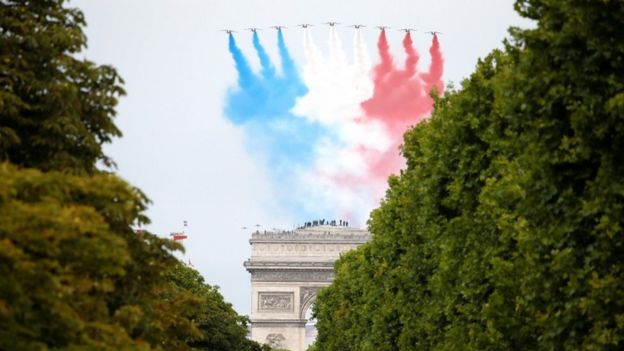
Some 2,500 specially invited audience members – including the families of health workers who died during the pandemic – watched events from socially-distanced seating.
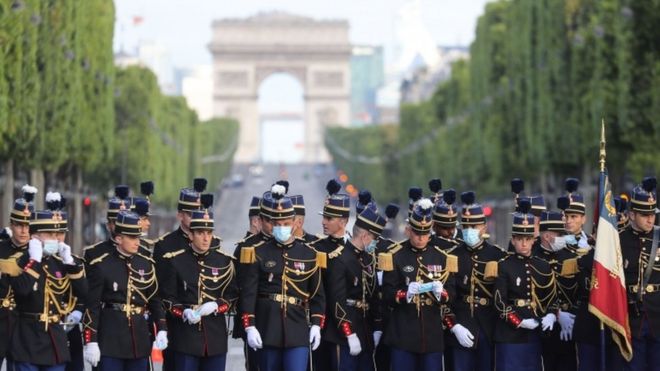
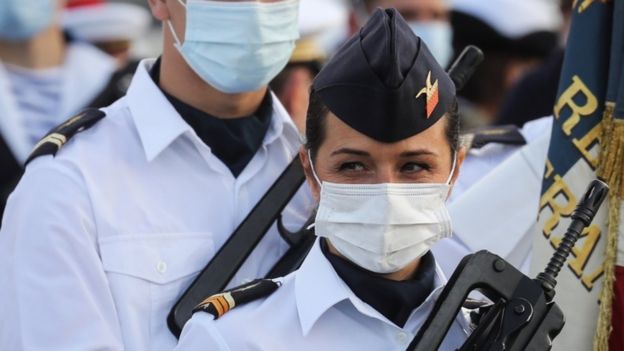
Officials from four nations who took in French patients – Austria, Germany, Luxembourg and Switzerland – were also invited to watch.
Events are closed to the public, although they are being televised. Many areas of Paris have been shut to prevent crowds gathering.
Traditional fireworks by the Eiffel Tower will take place at 23:00 local time as a “symbol of the resilience of our capital and our nation and a tribute to all the everyday heroes who worked during the duration of the epidemic”, a joint press release by city officials said.
What about the coronavirus?
President Macron will also give a rare television interview after the conclusion of the ceremonies this morning.
Mr Macron cancelled the annual tradition when he took office in 2017. But critics have criticised his handling of the pandemic and his lack of television appearances, and Elysée Palace officials say he will address the outbreak and efforts to revive the French economy.

France mostly has its national outbreak under control, but a number of public health officials have warned recently of the risks of a second wave.
Popular French Prime Minister Edouard Philippe resigned earlier this month as Mr Macron reshuffled his government in the wake of disappointing local election results.
A court announced an inquiry into the French government’s handling of the coronavirus response just hours after his resignation.
France has confirmed close to 200,000 cases and 29,931 deaths, according to Johns Hopkins University.



